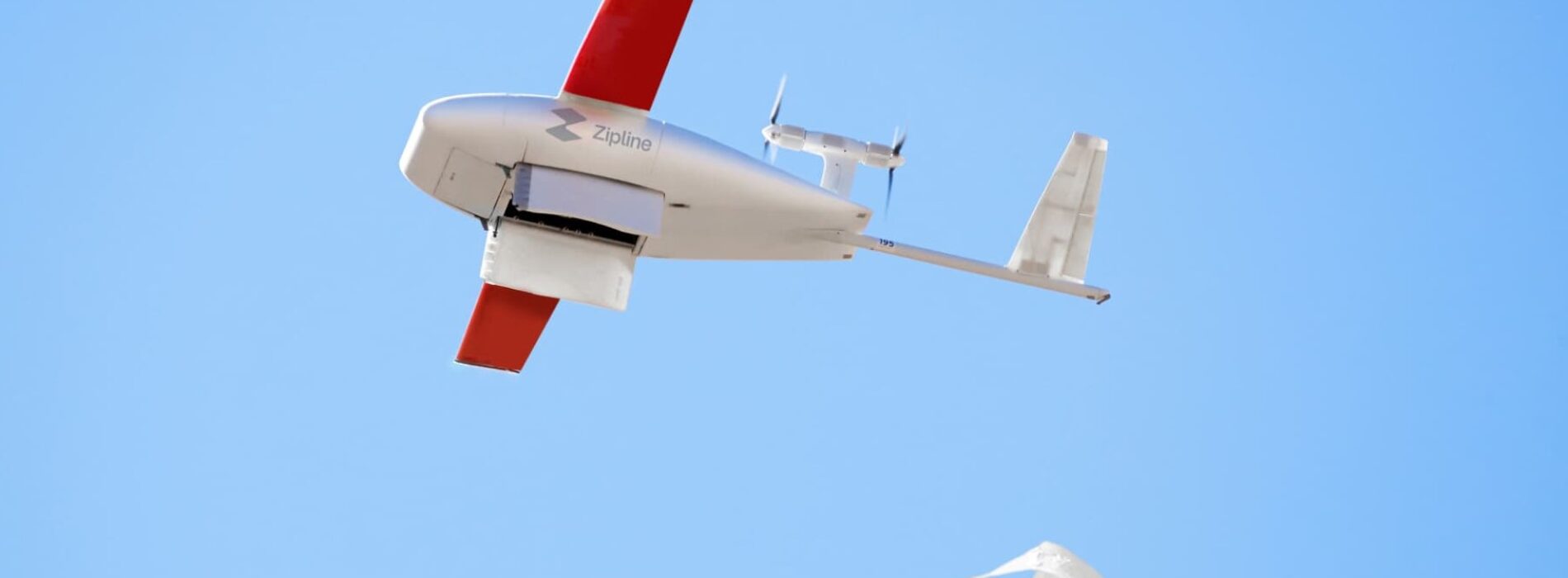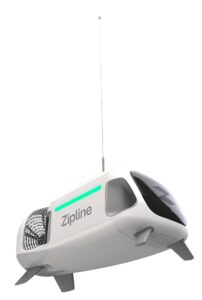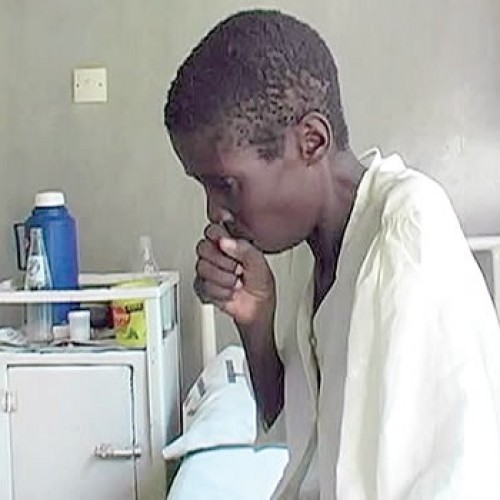Nigeria’s healthcare gets a boost as Zipline signs pact with Health Ministry to roll out Autonomous Drones
… To seal deal at UNGA on Thursday
The Federal Ministry of Health and Social Welfare and Zipline, the leading firm in autonomous delivery will, on Thursday September 26, at the United Nations General Assembly, sign an agreement to deploy Zipline’s drone delivery service across the country to reduce maternal mortality, malnutrition, malaria and other intractable health challenges.
This project is expected to build a more resilient logistics system that enables access to high quality, reliable healthcare for a substantial portion of the country’s non-urban population and improves the health system’s ability to respond to disasters and emergencies.
The partnership with Zipline also aimed at creating a sustainable financing framework to attract commitments from global health, economic development, and climate funders to establish autonomous drone infrastructure around the country in strategically determined locations, and to enable the operation of these drone networks through hiring, training and empowerment of local talent.
Nigeria’s minister of Health and Social Welfare, Dr. Muhammad Ali Pate, who disclosed this in a press statement made available to Newsmen, said the new Memorandum of Understanding (MoU) will dramatically advance the Presidential Initiative for Unlocking the Healthcare Value Chain (PVAC) goals.
“Scaling Zipline’s infrastructure nationwide can digitise, modernise, equalise and raise the quality of healthcare services available to all Nigerians, while at the same time propelling our country into a new era of economic prosperity, climate resilience and global technological leadership”, Pate affirmed.
GAVI, the Vaccine Alliance, has partnered with Zipline since 2016 and supports vaccine programs in Nigeria; the Elton John AIDS Foundation has collaborated with Zipline in Kenya since 2022 to bring HIV services to young adults outside of traditional health settings.
Together, they are seeding the vision for this new partnership in Nigeria by coming in as the first financial backers. It underscores their commitment to innovative, collaborative approaches, using creative financing mechanisms to transform health outcomes for key communities, with a focus on young people.
“It is this sort of partnership – one that brings tens of millions of dollars of foreign investment, turns Nigeria into a global AI and robotics powerhouse, and creates jobs of the future for its youth – that will reshape Nigeria and the world over the coming years”, Zipline CEO and Co-founder, Keller Rinaudo Cliffton said.
Since coming into office, President Bola Tinubu has introduced a package of reforms to improve Nigeria’s security, strengthen public services and bolster the business environment.
In October 2023, he launched the PVAC to transform the country’s healthcare ecosystem. Under the leadership of National Coordinator Dr. Abdu Mukhtar, PVAC is making strides to increase local healthcare manufacturing, reduce medical tourism, and create quality jobs in the nation.
With its zero-emissions, AI-powered logistics system and commitment to local job creation, Zipline demonstrably helps surmount obstacles to achieving the United Nations Sustainable Development Goals (SDGs).
Nowhere are the benefits of on-demand drone delivery more apparent than in healthcare, encompassed by SDG 3. Today, in the areas that Zipline serves, a doctor or community healthcare worker can get blood, vaccines, drugs and other medical supplies in as little as 10 minutes.
Earlier, a study funded by the Bill and Melinda Gates Foundation finds that in Ghana, Zipline reduced missed vaccination opportunities by 42 per cent and the duration of vaccine stockouts (when a product is out of stock due to inventory shortage) by 60 per cent.
While studies on Zipline’s work in Nigeria are still underway, Zipline has already helped vaccinate more than 15,000 children, 10,000 of whom were originally classified as zero-dose (children who have never received a single dose of vaccine).
A second arrangement between Zipline and the Federal Ministry of Communications, Innovation and Digital Economy of Nigeria will extend the envisioned national partnership’s benefits to address sectors beyond healthcare, including agriculture, education and disaster relief.
Impact of Zipline’s early operations on health outcomes in Africa
- Zipline has centralized almost all of Rwanda’s blood supply and sends it on demand where it’s needed, avoiding long storage of unused blood components in the field. A study published in The Lancet shows that Zipline reduced blood expiries by 67% in its first three years of operating in Rwanda.
- Also, thanks to its ability to centralize and deliver blood on demand, Zipline has reduced in-hospital maternal mortality due to postpartum hemorrhaging by 51% in Rwanda (Source: The Wharton School, University of Pennsylvania).
- Similarly, the Ghana Health Service (pre-print) finds a 56.4% decline in maternal deaths at Zipline-served facilities vs. non Zipline facilities, driven by increased health system utilization.
- Research published in the peer-reviewed Vaccine Journal finds a 21 percentage point average increase in childhood vaccination rates in Zipline-served areas in Ghana.
- A study funded by the Bill and Melinda Gates Foundation finds that in Ghana, Zipline reduced missed vaccination opportunities by 42% and the duration of vaccine stockouts (when a product is out of stock due to inventory shortage) by 60%.
- PrEP retention refers to how regularly a patient takes pre-exposure prophylaxis (PrEP), a tool used to prevent transmission of HIV. In Kenya, Zipline has helped increase 1-month and 6-month PrEP retention rates to 94% and 86% respectively (rates were 9-12% before Zipline).
- While studies on Zipline’s work in Nigeria are still underway, Zipline has already helped vaccinate more than 15,000 children, 10,000 of whom were originally classified as zero-dose (children who have never received a single dose of vaccine).
About author
You might also like
HIV/AIDS: US adds another 150, 000 patients for treatment
● Over 1 million Nigerians currently on treatment The United States government has pledged to add additional 150,000 persons to over one million Nigerians currently receiving antiretroviral drugs for HIV.
TB: Not yet success story for Nigeria
• Records 250,000 deaths annually • Ranks No. 4 among high-burdened countries • Undetected and Undiagnosed tuberculosis on the increase • WHO says battle is only half-won globally. The World
ECOWAS Centre for Disease Control takes off
The Economic Community of West African States (ECOWAS0) today kicked-off its Regional Surveillance and Disease Control Centre (RCSDC) in Nigeria. Operations of the centre began with the inaugural meeting of







0 Comments
No Comments Yet!
You can be first to comment this post!